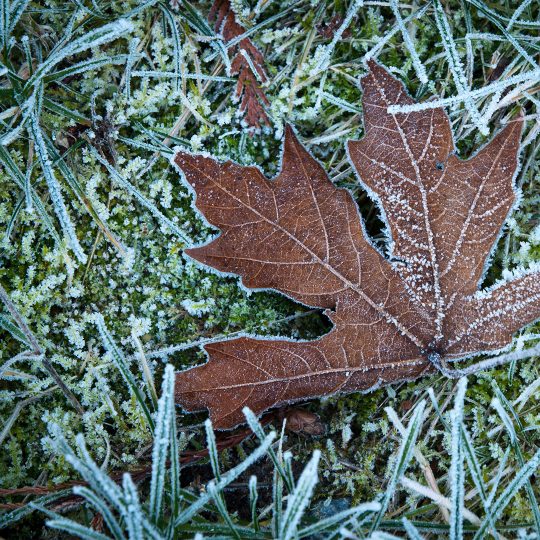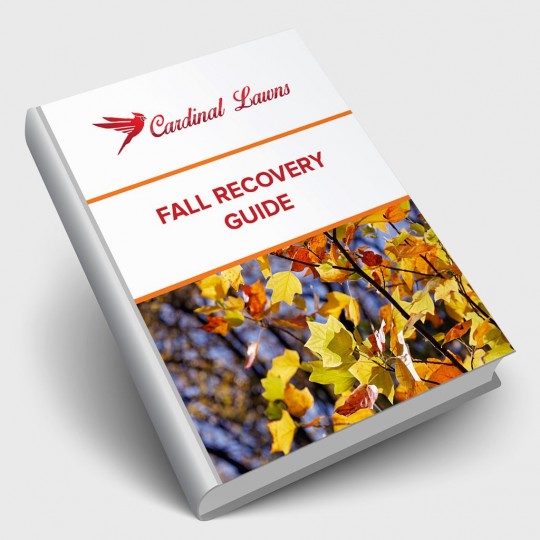Winter Lawn Fertilizer
How to Prepare for the Winter
Posted
December 7, 2017

Now that the weather is getting colder, you prepare your house, car, and closet, but what about your lawn? Here’s what you need to know about winter lawn fertilizer and if it’s the right choice for your yard.
What’s Special about Winter Lawn Fertilizer
Like all living things, plants prepare for the winter and the change in temperature. Some trees drop their leaves then go dormant during the cold winter months. Your lawn prepares for the cold weather by utilizing nutrients differently.
Winterizing fertilizers can help lawns prepare by offering more potassium—an important nutrient for strengthening plants. This is especially important when it comes to tolerating the cold. Potassium also helps a plant absorb other nutrients, making it an important component of balanced feeding for your lawn any time of year.
Winter lawn fertilizer typically contains lower levels of nitrogen, which helps promote leaf and stem growth, and phosphorus, which enhances roots and fruit production. These nutrients are more important in the spring when you’re looking to bring your plants back to life after their long winter nap.
Do You Need Winter Lawn Fertilizer
Most commercial winterizers are formulated for cool-season grasses, such as fescue and bluegrass. You should think about fertilizing your lawn with a winterizer in the fall if you only plan to fertilze once a year.
Winterizers should not be used with warm-season grasses—such as Bermuda, St. Augustine, zoysia, or centipede—because:
- Warm-season grass goes dormant in the winter, and fertilizer will promote new growth.
- Winterizing is not as important in warmer climates.
- Warm-season grasses need more potassium in the spring and summer to help tolerate hotter seasons.
To help determine whether or not to winterize your lawn, test your soil for potassium. If the results show adequate levels, you shouldn’t need to fertilize. Also, if you regularly feed your lawn throughout the season with organic products or compost, you can probably skip winterizing.
Like other chemical fertilizers, winterizers are designed for repeated use. For an easier method, consider using organic means of fertilizing, such as mulch, aeration, and slow-release organic fertilizers that condition your lawn with less maintenance.

Download Your FREE Fall Recovery Guide
Summer’s extreme conditions can take a toll on your grass and its health. Take some time to learn how to bring your lawn back to life. This handy guide teaches you what needs to be done for a full fall recovery.